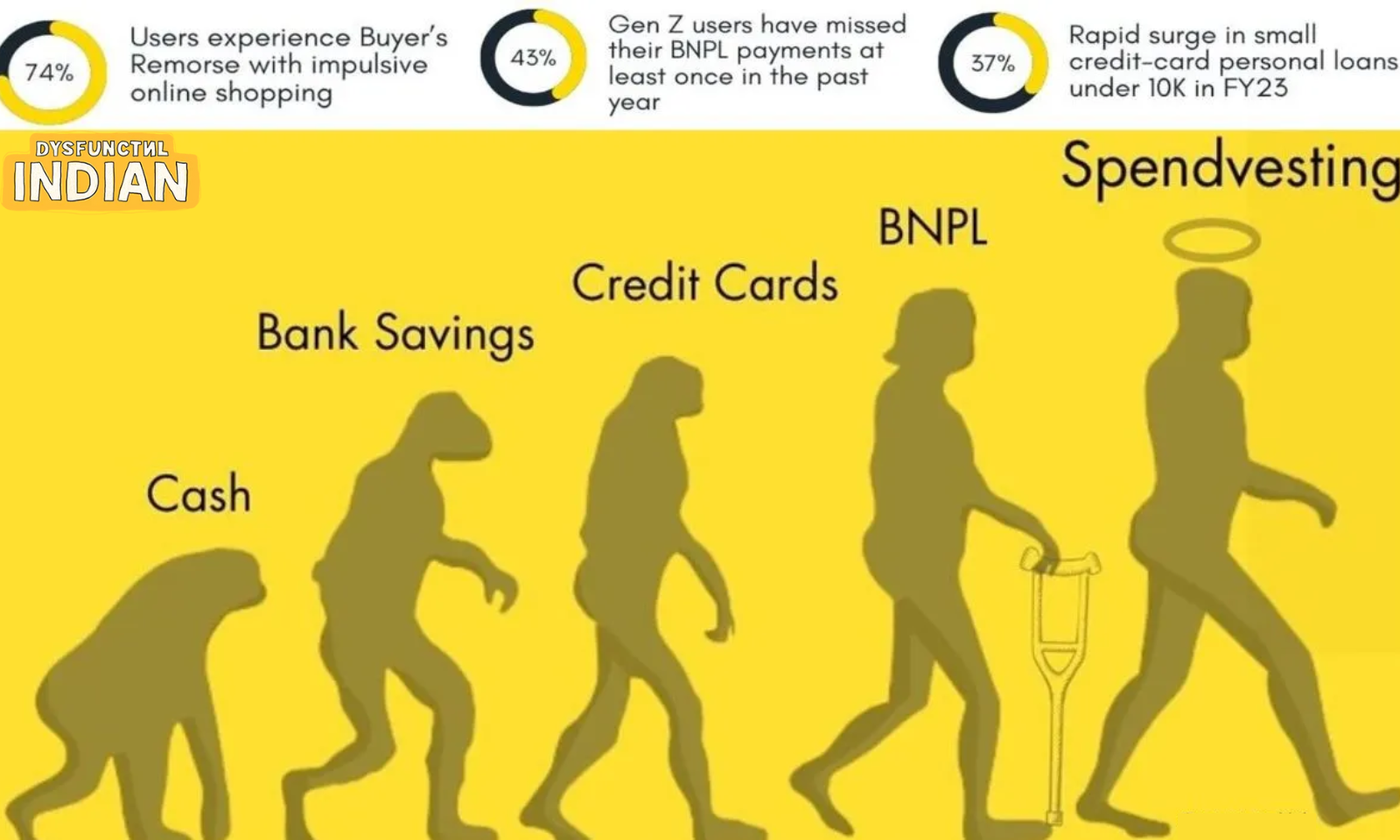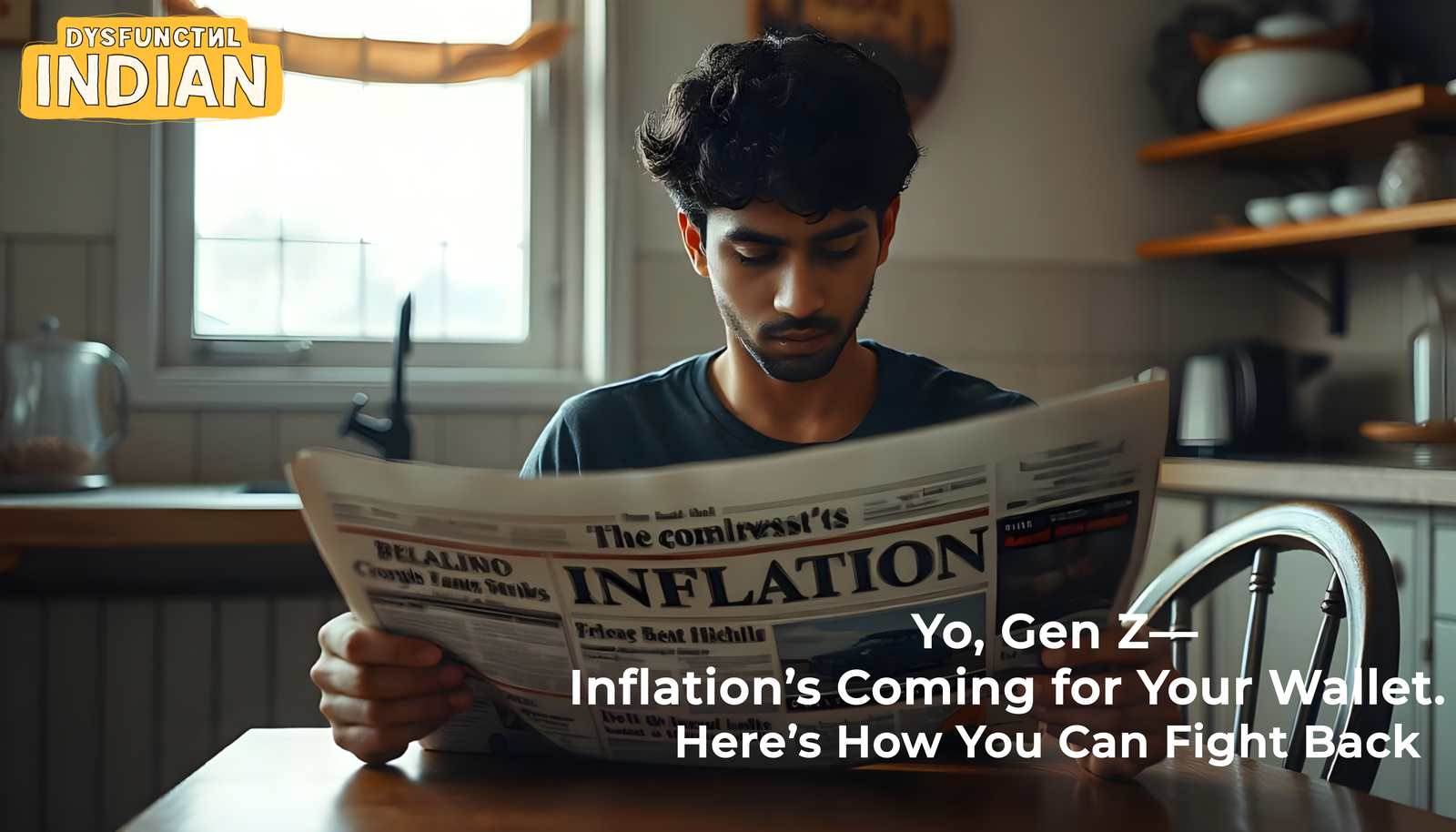Supreme Court Strikes Down Electoral Bond Scheme
Posted by admin on 2024-02-15 | Last Updated by admin on 2026-02-06 23:21:48
On February 15, the Supreme Court delivered its verdict on a series of petitions contesting the legitimacy of the Electoral Bond scheme, which enables undisclosed funding to political parties. Chief Justice D Y Chandrachud led a five-judge Constitution bench, which had reserved its decision on November 2 the previous year. The Court deemed the Electoral Bond scheme unconstitutional, marking a significant milestone in Indian jurisprudence.
Here are the key highlights of the judgment:
- The Supreme Court ruled that the Electoral Bond scheme infringes upon the fundamental right to freedom of speech and expression guaranteed under Article 19(1)(a) of the Constitution.
- The Court directed the issuing bank to cease the issuance of electoral bonds, effectively putting an end to the scheme
- Notably, the Supreme Court instructed the State Bank of India (SBI) to furnish details of political parties that have received contributions through electoral bonds from April 12, 2019, onwards to the Election Commission (EC). This move aims to enhance transparency in political funding.
- Chief Justice Chandrachud underscored the importance of the right to information concerning various aspects of society, including political matters. The Court emphasized that this right is crucial for fostering participatory democracy.
- The Supreme Court asserted that citizens have a fundamental right to political privacy and affiliation, which are encompassed within the broader right to privacy.
- The Court held that anonymous electoral bonds undermine the right to information and freedom of speech enshrined in the Constitution, further reinforcing its stance on their unconstitutionality.
The panel of judges,
including Chief Justice Chandrachud and Justices Sanjiv Khanna, BR Gavai, JB
Pardiwala, and Manoj Misra, delivered the landmark judgment. Electoral Bonds,
characterized as promissory notes or bearer bonds, allowed individuals,
companies, and associations to contribute funds to political parties. However,
the scheme was restricted to registered political parties meeting certain
criteria under the Representation of the People Act, 1951.
The government had
defended the Electoral Bond scheme, asserting its transparency and efficacy in
curbing the influx of black money into political funding. Nevertheless, the
Court's verdict stands as a testament to its commitment to upholding
constitutional principles and ensuring transparency and accountability in
political finance.
Several petitions
challenging amendments introduced through the Finance Acts of 2016 and 2017,
which facilitated the Electoral Bond scheme, are still pending before the
Supreme Court. Civil society organizations, such as the Association of
Democratic Reforms and Common Cause, have raised concerns about the potential
for unchecked and unlimited funding of political parties through these
amendments.









